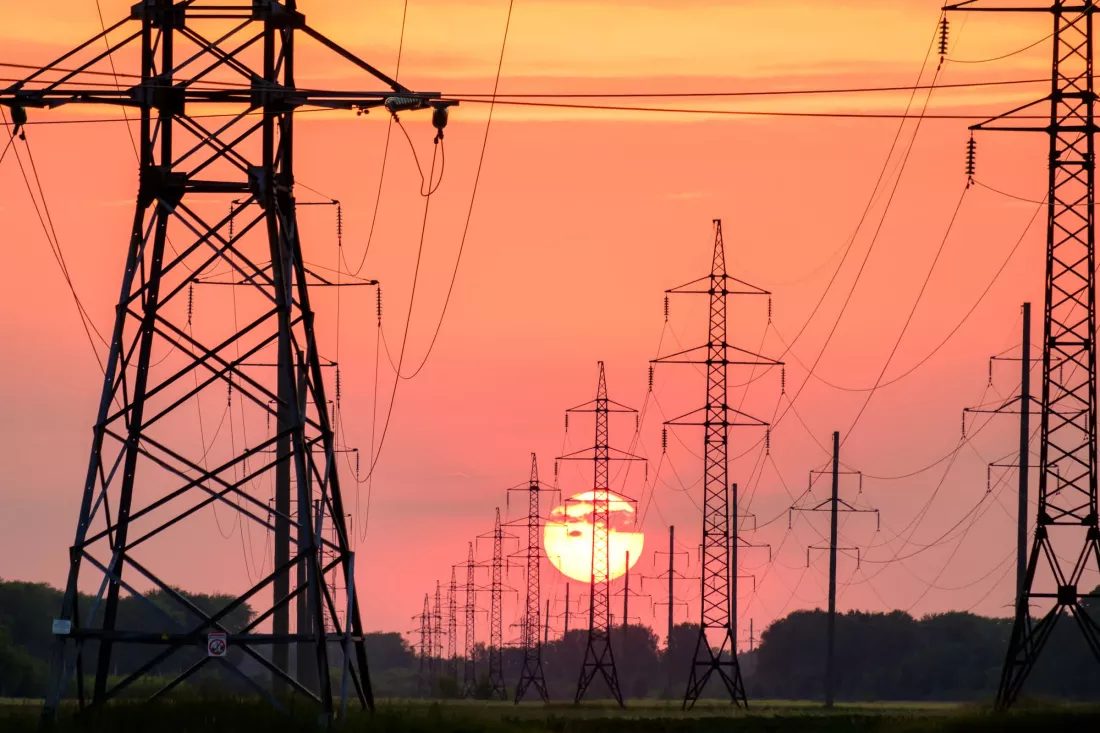In brief: Researchers have created a new flow battery that uses sugar to boost the capacity and longevity of energy storage. This design could be used to store grid-scale energy for more than a year, which might expedite the transition to renewable energy.

The discovery comes from the US Department of Energy's Pacific Northwest National Laboratory, which published a paper titled 'Proton-regulated alcohol oxidation for high-capacity ketone-based flow battery anolyte' in the scientific journal Joule. The study used a dissolved simple sugar called β-cyclodextrin, a derivative of starch, to enhance battery longevity and capacity.
The experiments optimized the ratio of chemicals in the battery system, achieving 60% more peak power than current methods. The battery was then recycled repeatedly for more than a year, during which time it lost almost none of its recharging capacity. This is the first time such an achievement has been reported in a laboratory-scale flow battery experiment.
A flow battery comprises two liquid-filled chambers used to produce an electrochemical reaction to store and release energy. The β-cyclodextrin additive accelerates this reaction due to its surprising catalytic ability, enabling the efficient flow of battery energy.
Flow battery researcher Ruozhu Feng
"This is a brand-new approach to developing flow battery electrolytes," said Wei Wang, a battery researcher who led the investigation into the new method. "We showed that you can use a totally different type of catalyst designed to accelerate energy conversion."
Flow batteries could be scaled up to massive sizes, allowing them to store vast amounts of energy. However, they require mined minerals such as vanadium that are expensive and, in some cases, controlled by a few countries. Obtaining these minerals can also be damaging to the environment and local communities.
The breakthrough makes the new battery design a candidate for scaling up, according to the researchers.
"We cannot always dig the Earth for new materials," said Imre Gyuk, director of energy storage research at the DOE's Office of Electricity, in a statement. "We need to develop a sustainable approach with chemicals that we can synthesize in large amounts – just like the pharmaceutical and food industries."
Recently, there have been several breakthroughs that could reduce environmental damage from energy demands. Last week, we heard about scientists studying a way to exploit the capabilities of Mycorrhizal fungi to mitigate environmental issues caused by greenhouse gases in the atmosphere. Researchers have also discovered how to harvest electricity from humid air using nearly any material, and a new technology called SeaChange is designed to capture carbon dioxide using ocean water.
h/t: Power Technology
https://www.techspot.com/news/99364-sugar-fueled-flow-battery-could-transform-renewable-energy.html
